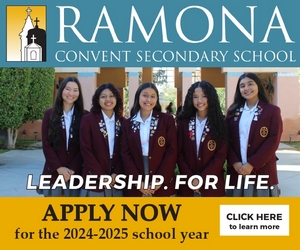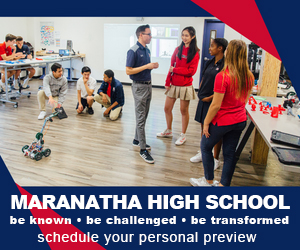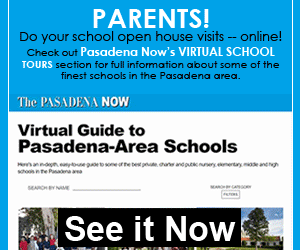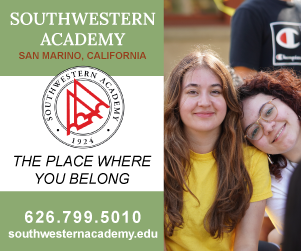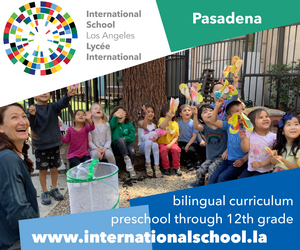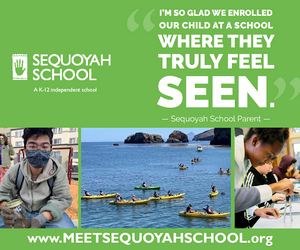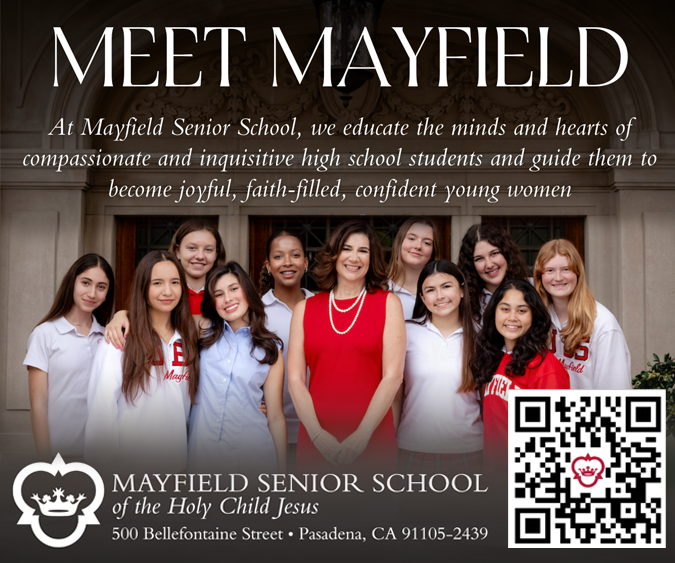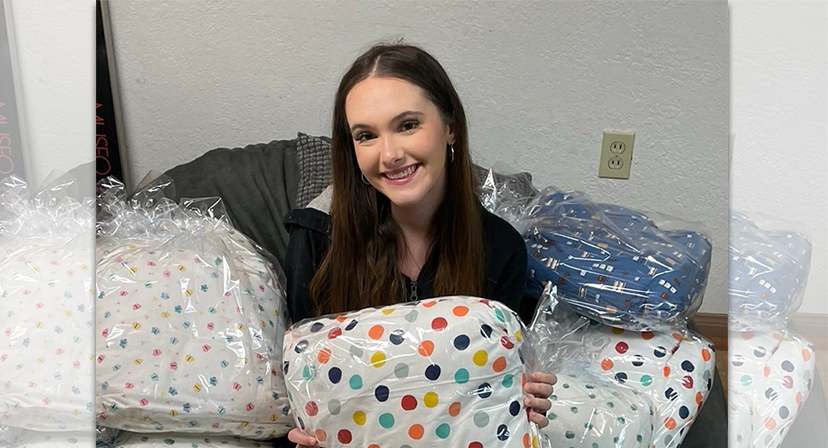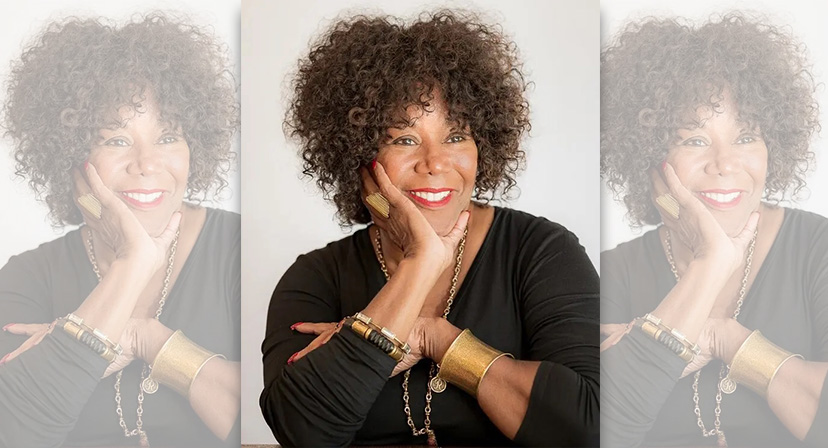Collective In China: Debate, Censorship and Critical Thought
Flintridge Prep’s Max Bork ’13 was a freshman last year in NYU’s inaugural class in Shanghai, China (NYUSH). The four-year program includes intensive Chinese language as well as classic liberal arts, and Max found that “studying abroad is more than just going on vacation to see some weird culture on the other side of the ocean. In its purest form, travel and study abroad is about confronting the things that make you feel afraid and being able to learn from them even despite that.”
In an email exchange with PrepTalk – written just after he was in Hong Kong for the anniversary observance of the Tienanmen Square massacre—an event that attracted nearly 200,000 people—Max told this story of creating a Collective-style club for NYUSH in China, and the very real political and cultural ramifications he faced.
My final anecdote is in reference to The Collective Voice—More Than Debate, which is the club that I helped to found this semester at NYUSH. In my years at Prep I came to love Mr. Mike Mullins’ and Mr. Hamlyn’s weekly discussion club The Collective. You could come in once a week and listen to your overly opinionated classmates rant about freedom of speech or how much they hated North Korea. I could voice my opinions about things that really mattered to me in an environment where I felt safe, surrounded by my friends and mentors.
Since this year was the first at NYUSH, it was the task of the student body (that’s me!) to create the clubs and organizations that would keep the students blissfully involved and out of trouble. With two or three of my friends, I set out to create a political discussion and debate club inspired by Prep’s Collective. As the year progressed, our fledgling club evolved into what it is now, the biggest club at NYUSH. Every week we switch back and forth between organized competitions in British Parliamentary style debate and political style open discussion (hence, “More than Debate”). I choose the topics for debate with my friend Jose, a classmate who is from Spain, and we lead discussion.
My interest in geography and world politics has given me a healthy interest in China’s politics and internal controversies, and the conflict between traditional American ideals of freedom of expression and current Chinese law, which entails large quantities of censorship. I began to gingerly touch upon topics that are naturally controversial in China, like Xinjiang Province, diplomatic relations among China, America, North Korea and South Korea, transgender rights and China’s expansion into the South China Sea. As the year progressed, we gained more confidence in the realm of topics that are very much taboo in the area.
After the Xinjiang debate we received a notice that our freedom of speech zone only extended to a particular area of campus. Our final debate of the year was in regard to government censorship of the media, and in particular, the internet. China’s so called “Great Firewall” was at the center of the debate. I posted it on Facebook, because NYU students, unlike Chinese citizens in general, have access. Then, shockingly to me, I found the next morning that I had… not posted it on Facebook?
The post was completely gone, deleted from my page and also a group page where I had posted it. This happened twice. I also received a friendly suggestion that we change the wording of our poster to not suggest that we were challenging China’s laws. In the end, the debate went on. It was a complete success with much of the student body in attendance to witness the event and develop their own opinions on the subject. We also had high-level administrators and an officer from the US Consulate as guest judges.
Internet censorship is real. But I know that it has many limits as well. For example, my post was deleted, but most of my college still saw it. I posted it three times. The third one is still on my wall. The hard copy posters are still up, and upwards of 80 people, close to 30% of the student body, came to the event. Censorship can change what you see, and it is real, no matter where you live. But it can’t change what you think.
Everyone has the power to formulate their own opinions, their own beliefs and their own understanding of the world if they are willing to examine and question the truth of what’s going on around them. In a world where the Internet is no longer just a kindly voice saying “You’ve got mail!”, it is the responsibility that we all have to realize that we may not be viewing the whole story. The Collective at Prep and the Collective Voice at NYUSH have taught me to look farther than what’s on the surface and to simultaneously respect the views of others while holding onto my own.
This week I attended a mass gathering in Hong Kong to mark the 25th anniversary of the massacre at Tiananmen Square. There were nearly 200,000 people there. It really gave me courage because it reminded me that no one has forgotten.
Flintridge Preparatory School, 4543 Crown Avenue, La Cañada Flintridge, (818) 790-1178 or visit www.flintridgeprep.org.







